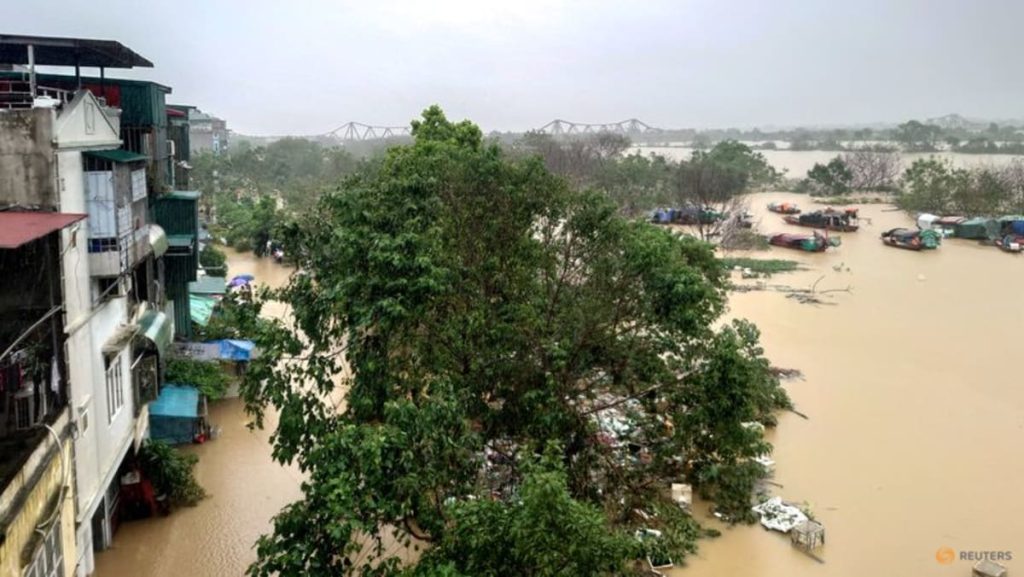Floods and landslides in northern Thailand, triggered by heavy rains from Typhoon Yagi, have resulted in the deaths of four people and the displacement of thousands of families. Prime Minister Paetongtarn Shinawatra has announced that aid is being sent to around 9,000 families affected by the floods in Chiang Mai and Chiang Rai provinces. The Disaster Prevention and Mitigation Department confirmed two deaths in a landslide in Chiang Mai and two more in Chiang Rai. The health ministry has deployed medical staff, volunteers, and rescue workers to help elderly individuals find safer accommodations.
The Thai meteorological department has issued a warning for more heavy rains expected until next Tuesday, increasing the risk of additional flash floods. The statement advises caution between Sep 13 and 17 due to the potential dangers of heavy to very heavy rainfall. While Thailand typically experiences monsoon rains, the impact of man-made climate change is leading to more intense weather patterns, heightening the likelihood of destructive floods. The emergency operation centre in Thailand has reported a total of 29 deaths from heavy rain-related disasters since the beginning of the season.
The government has mobilized the army to assist families affected by the floods and landslides, with various agencies working together to provide aid and support to those in need. The health ministry’s efforts include deploying medical teams and rescue workers to ensure the safety and well-being of individuals impacted by the natural disasters. The focus has been on helping elderly people migrate to safer areas where they can avoid further harm.
The heavy rains and resulting floods in northern Thailand have led to a significant loss of life and widespread devastation, with reports of deaths and injuries as well as damage to homes and infrastructure. The government’s response has been swift, with Prime Minister Paetongtarn Shinawatra ensuring that aid reaches those affected by the disasters in Chiang Mai and Chiang Rai provinces. Efforts are also underway to provide medical assistance and support to vulnerable populations, particularly the elderly who may be at greater risk during such emergencies.
The Thai meteorological department’s warning of continued heavy rainfall highlights the ongoing challenges faced by communities in the affected regions, as the risk of further flooding remains high. The combination of annual monsoon rains and the impact of climate change exacerbates the situation, necessitating a coordinated response to address the immediate needs of those affected and mitigate the long-term effects of such extreme weather events. With the support of various agencies and emergency services, efforts are being made to assist families, provide essential services, and help rebuild communities devastated by the floods and landslides.













